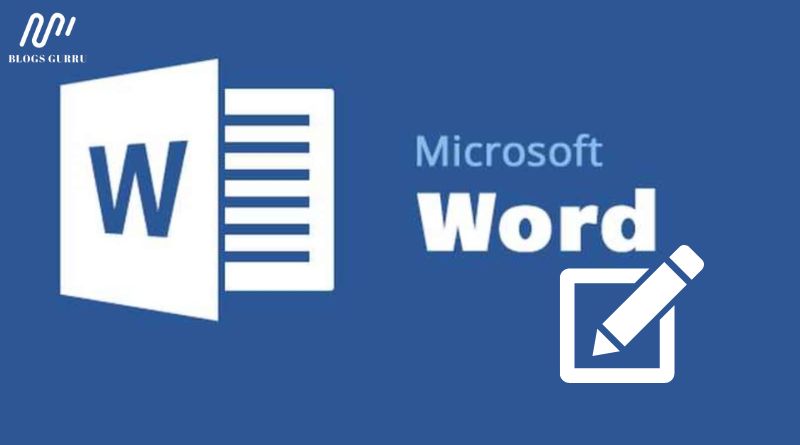How Web3 Will Affect Commercial Real Estate in 4 Ways
As Web2 takes hold in the real estate world, Web3 is coming down like an avalanche. Here are four ways Web3 will change commercial real estate.
First of all (and since we’re new), what is Web3?
Starter for Web3
Web3 is the next step in the internet’s growth. Web2 was all about centralized applications and software-driven operations. Internet companies like Facebook, YouTube, Google, and others have built huge platforms to gather, store, and share data. They owned that data and gave it back in the form of content, suggestions, results sets, and many other things.
Web3 is built on an internet that is open, doesn’t depend on trust, doesn’t need permission, and is safe. Data is no longer stored in one place. Instead, it is spread out using advanced algorithms, artificial intelligence, and networks. The internet is made up of all computers. Creators own their data and can trade it with other people using smart contracts and tokens. This will give data a bigger role and more value in business and in people’s lives around the world.
Now that you know some background, here are 4 ways Web3 will change real estate.
How Web3 affects commercial property
1. Small-scale ownership
Smart contracts on the blockchain made it possible to divide ownership into smaller pieces. When people can own as little as 0.00000001% of a property or portfolio, they can invest in more things than ever before. With a laptop, a crypto wallet, and an internet connection, investors can put their money into all kinds of assets around the world.
Once a purchase is made, and the money transfer is confirmed by the blockchain, a distributed open ledger verifies who owns the item. The ledger makes it impossible to cheat and shows who owns what. At the time of sale or reinvestment, smart contracts handle all capital outflows. These smart contracts send payouts to investors’ wallets by airdrop.
Also Read: Lahore Smart City Commercial Plots
2. Fund Managers are being replaced by DAOs (Decentralized Autonomous Organizations).
There is a wide moat around existing fund managers. For a fund to buy properties and portfolios, it needs a lot of money. Most commercial real estate companies first get money from wealthy people or family offices. As the company grows and has a history of doing well, it may decide to raise a bigger round of capital in the form of a fund. Institutional investors, Like endowments, pensions, and other public funds, give money to the company. These fund managers spend years building relationships with people who can give them money. The money from the fund is then used to buy real estate. In a waterfall structure, the fund manager keeps a certain amount of the total fund as a fee before giving money back to investors.
Web3 gives investors an easy way to skip over the traditional fund manager.
In a DAO, there is no longer a central authority that makes all the important decisions. Instead, each member has the right to vote and decide on proposals. Members can make their own DAOs based on how they want to invest, where they live, or other factors. This gives the investor more freedom to choose how to invest based on each property or portfolio. DAOs get money from all of their members through cryptocurrencies, and then they can move as a group to invest that money in real estate. With the middlemen’s fees gone, the DAO as a whole can share more of the profits.
3. Data Monetization in Web3
Building a successful web3 real estate software development business has always depended on having good data. Individual investors use data to figure out things like the cap rate or the internal rate of return (IRR) of a property or investment. Data collection takes a lot of time and money for big businesses. Third-party research firms make a lot of money by collecting and owning data, which they then sell to people who want it.
As we move to Web3, people who make data now have a way to make money. Anyone who made data about a property can claim it as their own. Assessors who walk around a building might own the information they gather. Once this information is written down, it is no longer held by silos of historical data aggregators that charge hundreds of thousands of dollars per year.
When commercial real estate companies put their data on the blockchain, they can start making money right away from their data gold mine. Possible buyers might want to know about your property’s utilities, rent, or other facts. This is based on the idea that real estate companies already have their data in a centralized data warehouse. We want to live in a globe where real estate companies can sell not only buildings and land but also the data that came from them. Overall, smart contracts will make it easier to buy and sell commercial real estate, and Web3 will make it possible for commercial real estate owners to make money off of their data. Read More About Blue World Trade Center.
4. Digital Real Estate
By making a true digital twin of your property, you can sell digital real estate that is not connected to the physical property. We are getting close to the place where the metaverse meets the real universe. You can’t rent the same unit twice, but what if you could rent your units or properties in the metaverse over and over again?
Also, advertisers who use data to make decisions are big buyers of screen space in buildings. For instance, most offices now have more than one screen. Whether it’s a 65-inch flat-screen in a conference room or a small screen on the outside of a shared space, marketing companies may pay a lot of money to rent out “billboard” space inside commercial (and residential) real estate buildings. They would be most interested in buildings where they could get direct information about the kinds of people who go there. Using NFT tokens and smart contracts, companies could let marketing companies use their extra screen time to show ads. If this is done right, it could be a huge chance for millions of properties all over the world.
Conclusion
Change happens quickly. Web3 is just getting started. Some new technologies will fail, but the ones that stick around could change our lives in the same way that Google has become synonymous with the word “search.” Now is the time to start putting things in place to get ready for the future.




